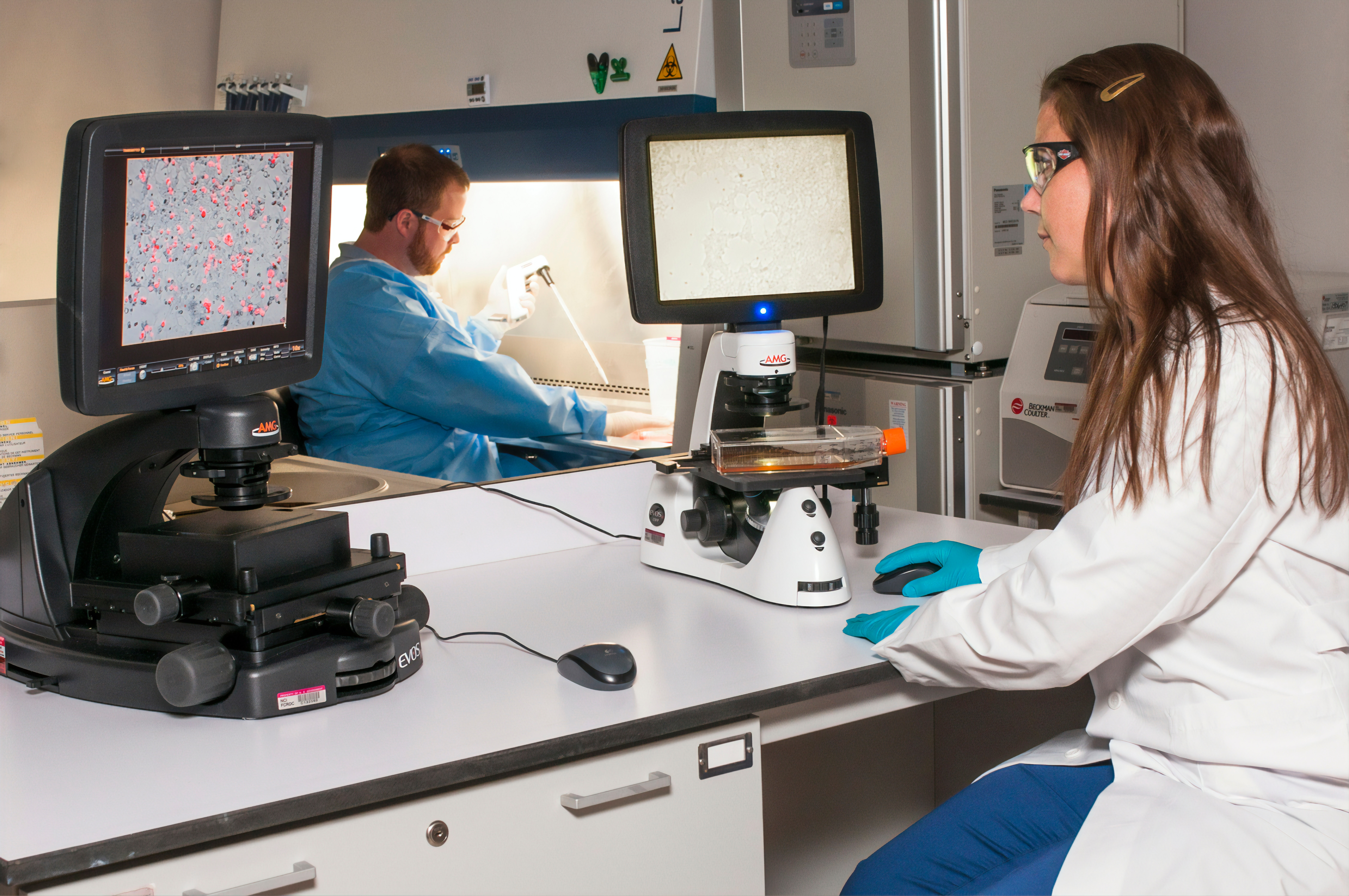When Pathologists and Patients Interact for Care Improvement
It is unusual for patients and pathologists to interact. Pathologists are known as a doctor’s doctor, dealing with clinicians. Pathology is not a field designed for direct patient contact.
Even if the contact between them consists only of the pathologist examining a tissue sample, the doctor knows the tissue represents a person with family, friends and loved ones. The pathologist’s determination regarding the biopsy results has a profound effect on that individual’s life and the lives of those who care about them.
Pathology and Patient Care
Traditionally, there has been an unspoken rule within medicine that pathologists do not speak to patients. It is not an official rule in most jurisdictions and there is no agency enforcing it, but medical professionals generally abide by it. That does not mean pathologists are not deeply involved in patient care.
Pathologists provide the detailed information necessary for an individualized treatment plan. For the pathologist, one of the most rewarding parts of the job is conferring with other clinicians to decide on the best therapies for that patient.
Increasing Patient Understanding of Pathology
Keep in mind that many patients are not sure exactly what the pathologist’s role entails. However, they should understand what the pathologist does, their particular field of expertise, and the critical part they play.
Pathologists can provide resources aiding patients in understanding their disease and treatment options. When a patient is fighting a serious illness, it is imperative that they know their disease. Only then can they make fully informed decisions, with the assistance of medical professionals.
Cancer Management
Pathologists play a significant role in cancer management. They are the doctors identifying and classifying tumors. They determine cancer’s extent, and whether the surgical margins are sufficient. Beyond diagnosis, it is the pathologist who can often predict the path the disease takes and its treatment and prognosis. For example, hormone receptor status in breast cancer is indicative of the kind of treatment administered and its efficacy.
Cancer Center Care Teams
For many patients, a cancer diagnosis introduces them to an extensive care team. Besides the primary oncologist, the care team may include surgeons, radiation oncologists, and plastic surgeons in the case of breast or other cancers resulting in the need for reconstruction. Pathologists may prove an additional asset, even if there is no face-to-face contact between this doctor and the patient.
Not only is the pathologist a crucial member of the team, but strong team communication provides patient benefits. For most cancer patients, their diagnosis is their first foray into this world where they must learn quickly about a life-threatening disease. A cancer diagnosis is scary. That fear is exacerbated by the new array of medical terms, treatment options, and other aspects of cancer information they must contend with and decisions they must make.
The care team, including the pathologist, all work together to meet the best needs of the patient. If the patient has specific questions best answered by a pathologist, other clinicians can discuss the subject in depth with the pathologist and relay that information back to the patient.
For example, a pathologist can answer questions regarding diagnostic procedures. If the patient does not understand their laboratory report and wants more detail than their doctor can provide, the pathologist consults with the patient’s physician to clarify any interpretations.
Contact Us
At Yosemite Pathology and Precision Pathology, we are your efficient, quality-focused partner for patient care. We have more than 20 board-certified anatomic pathologists with a broad range of specialties. For over 70 years, we have helped physicians determine the best treatment outcomes for patients. For more information, contact us today.
Jane Meggitt’s work has appeared in dozens of publications, including USA Today, Zack’s, Financial Advisor, nj.com, The Houston Chronicle and The Nest. She is a graduate of New York University.
By Jane Meggitt
https://link.springer.com/article/10.1007/s13187-019-01640-0
https://thepathologist.com/outside-the-lab/its-time-to-talk
https://www.cancer.net/blog/2015-03/spotlight-pathologists

